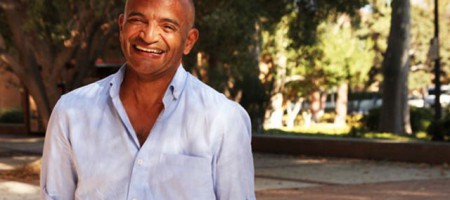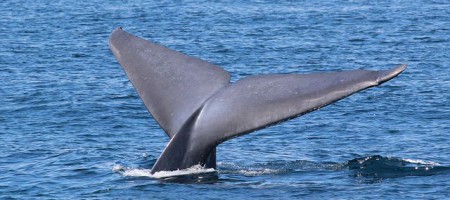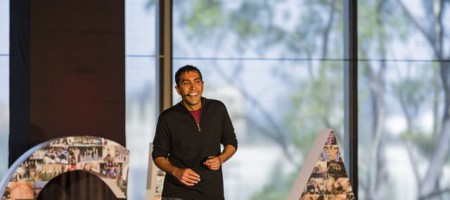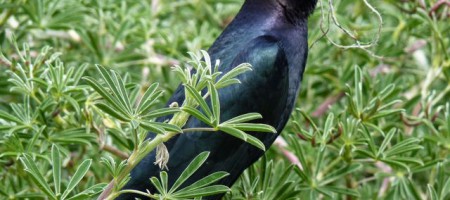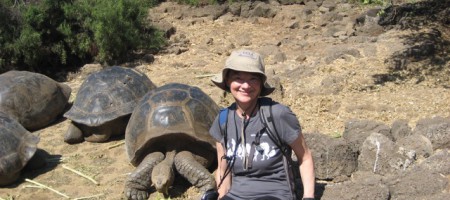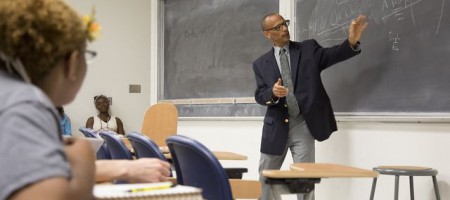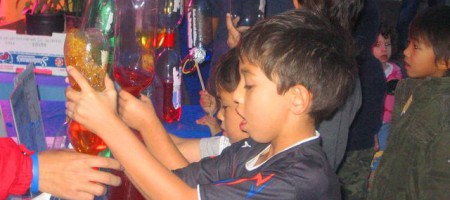A UCLA alumna who has spent much of her life galloping around the globe has given $100,000 to establish an endowment in support of graduate student travel in the UCLA College’s Department of Anthropology.
Dorothy Jewell, who graduated in 2006 with a bachelor’s degree in anthropology, said that she hopes the Dorothy H. Jewell Graduate Student Travel Award Endowment will help students experience cultures outside their own.
“The experience of immersing oneself in various cultures is what anthropology is all about,” Jewell said. “We can’t be ethnocentric.”
Specifically, graduate students in biological, linguistic and sociocultural anthropology will be given access to the travel stipends, allowing them to deepen their research beyond campus.
“UCLA is a highly rated institution that through its concentration on research makes our world better equipped to meet the future,” Jewell said. “I’m proud to help students prepare for that future.”
Jewell, who as a non-traditional student enrolled at UCLA when she was 55, had already travelled to around 80 countries before deciding to pursue her undergraduate degree.
After living in parts of Europe and Africa for months on end, including the time she slept under a eucalyptus tree on a Moroccan beach for seven months, two UCLA professors advised her to move beyond her community college courses and pursue a degree in anthropology at the university.
“I had already been living this anthropological experience,” she recalls them telling her. “They recommended I make the anthropology direction more official.”
Jewell always had an adventurous spirit. Following high school, she left her native Canada for what she thought would be a brief tour of Europe then never looked back. She met her late husband – also a UCLA graduate – in Norway when he was working on location for Disney, and they eventually settled in Los Angeles for his work in the film industry and hers in the travel business. Having discovered the riches that come with experiencing other cultures, Jewell continues to explore the world. Her next destination is Tanzania.
“Travel is an important part of my life, partly due to this nomad aspect of my personality that seemed to manifest itself when I left Canada,” Jewell said. “I originally went to Europe and Africa for six months and it turned into five years. And ever since, I’ve had to have my travel fix.”
Jewell’s gift will now make those experiences possible to emerging anthropology scholars at UCLA.
“Seeing firsthand how other cultures and societies function is a vital part of being a successful anthropologist,” said Nancy Levine, professor and chair in the Department of Anthropology. “Ms. Jewell’s gift ensures that a new generation of anthropologists will emerge with the experiences needed to develop impactful and meaningful research.”


